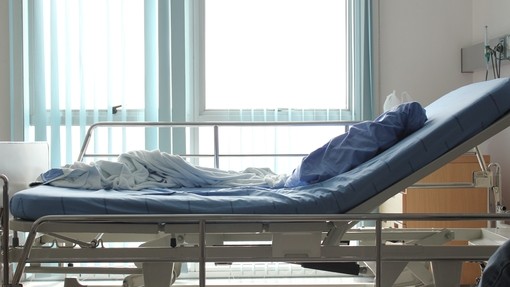P -v- Cheshire West & Chester Council
A Decade On

P -v- Cheshire West & Chester Council – A Decade On
This Supreme Court case now a decade past, introduced the pivotal ‘acid test’ comprising a three-part test to determine whether an individual is deprived of their liberty.
The ‘Acid Test’ confirms that a deprivation of liberty arises when:
- The individual is under continuous supervision or control.
- They are not free to leave.
- They lack the capacity to consent.
Following the guidelines laid out in Cheshire West led to a significant change, this meant that many individuals previously not considered to be deprived of their liberty fell within the acid test. The consequences of this meant there was a surge in applications under the Deprivation of Liberty Safeguards (DoLS) framework, as well as court applications for individuals falling outside the DoLS.
The Ministry of Justice Family Court Statistics report that in July to September 2023 there were 1,655 court applications under the Mental Capacity Act 2005 relating to deprivation of liberty. This can be compared with 15 applications made to court in the three month period January to March 2013, before the Cheshire West decision.
NHS England reports for 2022-23 revealed staggering figures, with an estimated 300,765 applications received for authorisation to deprive individuals of their liberty under the DoLS scheme, marking an 11% increase from the previous year. However, the impact of COVID-19 notably reduced the previous figures, with recent reports indicating a return to pre-pandemic levels.
Of the applications received, 56% required urgent authorisation in 2022-23. NHS England estimate the number of applications completed in 2022-23 were in the region of 289,150 and that on average numbers of completed applications are increasing by 10% each year.
However, the number of cases not completed was estimated at 126,100 which is 2% more than the previous year. NHS England report that 56% of applications are not granted predominantly due to a change in people’s circumstances. Only 3% of all applications were not granted due to the individual not meeting the assessment criteria. Only 19% of applications were completed with the statutory time frame of 21 days in 2022-23. The average processing time for applications was 156 days.
The Care Quality Commission have voiced concerns about the current system highlighting delays in processing applications and inconsistencies in staff knowledge around the safeguards. These issues have left vulnerable individuals without legal protection for prolonged periods, leading to calls to address the shortcomings of the DoLS framework.
The Liberty Protection Safeguards were developed to replace the outdated DoLS aiming to streamline the approval process and create a more efficient and simplified system. The Liberty Protection Safeguards were initially due to be implemented in October 2020 however after numerous delays it was announced that the implementation would be delayed ‘beyond the life of this government’, leaving the LPS, most likely ‘dead in the water.’
For now, the current framework persists, but it is anticipated that the number of applications will continue to rise, maintaining strain on the overloaded system.






